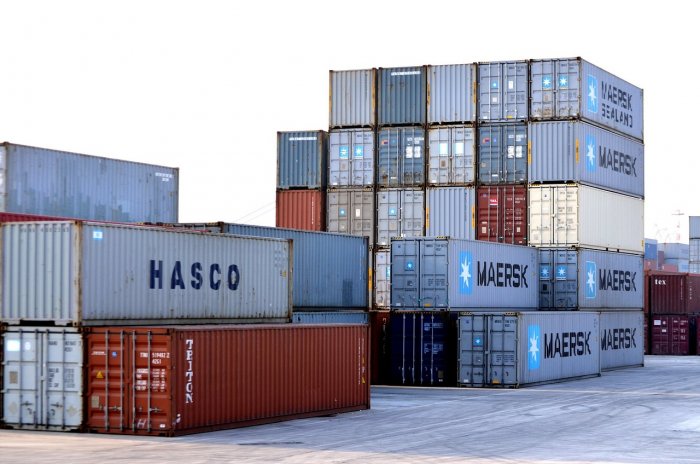Hungarian central bank steps up against OneCoin

The National Bank of Hungary (MNB) has agreed with a number of authorities on taking joint measures against the cryptocurrency OneCoin on suspicion of constituting a pyramid scheme, according to a press statement sent to the Budapest Business Journal earlier this week.
With regard to OneCoin, the central bank of Hungary says the cryptocurrency “shows some signs of a pyramid scheme,” consequently the financial watchdog is joining forces with bodies of the Interior Ministry, Budapest Police Headquarters, Budapest Chief Prosecutor, Chief Prosecutor of Hungary, National Tax and Customs Administration (NAV), National Investigation Office (NNI) and National Police Headquarters, an MNB press announcement reads.
The central bank says: “OneCoin appears to offer investment in assets, but in reality trading is carried out on the closed and uncontrollable forum of the operator […] In a simpler explanation: for OneCoin, no real product or service is provided, while the value and exchange rate of the alleged virtual currency cannot be determined.”
MNB says that OneCoin recruits people via the internet by making them invest, adding that “earlier investors are being paid commissions on these investments, whose strong interest is recruitment and marketing,” according to the press release.
According to a description on OneCoin’s official web page, “OneCoin is a digital currency, based on cryptography and created through a process called ‘mining.’ Just like the serial number on a paper bill, each digital coin is unique.”
The BBJ contacted OneCoin for comment on the MNBʼs announcement, but as of filing this story no reply had come.
Warning signs
In the past three years the central bank has warned the market many times to be aware of the risks cryptocurrencies may conceal. Just at the end of last year, the MNB “once again” warned consumers that the use of virtual currencies, or cryptocurrencies, carries many risks.
A cryptocurrency is generally described as a digital asset designed to work as a medium of exchange, using cryptography to secure the transactions and to control the creation of additional units of the currency, according to Forbes.com.
The best-known cryptocurrency is Bitcoin, which reportedly became the first decentralized cryptocurrency in 2009, though since then numerous others have been created.
Relatively little identification is needed to open a bitcoin wallet, just an e-mail address through which to send and receive bitcoins. Such a wallet can be opened through mobile applications or web pages. Bitcoins can also be stored on USB sticks. Payments are difficult to track, and remain anonymous, which has laid the basis for cryptocurrencies being used for illegal activities on the internet.
This is not to say, of course, that there are not also plenty of legitimate uses. Hungary’s first bitcoin ATM, for example, started operations in August 2014. In February last year, Budapest Taxi launched a partnership with CoinPay enabling the transporter to accept payments for fares made with bitcoins.
Get rich quick?
OneCoin claims it has created 300 millionaires in a year, according to a skeptical report by the U.K.ʼs Mirror Online last year, and aspires to be a competitor to market-leading cryptocurrency Bitcoin. While OneCoin promises to make investors earn many times their initial one-time investment, its operations have come under widespread scrutiny. OneCoin has been accused in the international media of operating as a pyramid or Ponzi scheme.
Bitcoin, meanwhile, is reaching heights never seen before. While one bitcoin started trading at USD 0.06 in 2010, at the time of posting this article one bitcoin costs USD 1731.98, according to CoinDesk, a news site specializing in bitcoin and digital currencies.
SUPPORT THE BUDAPEST BUSINESS JOURNAL
Producing journalism that is worthy of the name is a costly business. For 27 years, the publishers, editors and reporters of the Budapest Business Journal have striven to bring you business news that works, information that you can trust, that is factual, accurate and presented without fear or favor.
Newspaper organizations across the globe have struggled to find a business model that allows them to continue to excel, without compromising their ability to perform. Most recently, some have experimented with the idea of involving their most important stakeholders, their readers.
We would like to offer that same opportunity to our readers. We would like to invite you to help us deliver the quality business journalism you require. Hit our Support the BBJ button and you can choose the how much and how often you send us your contributions.











